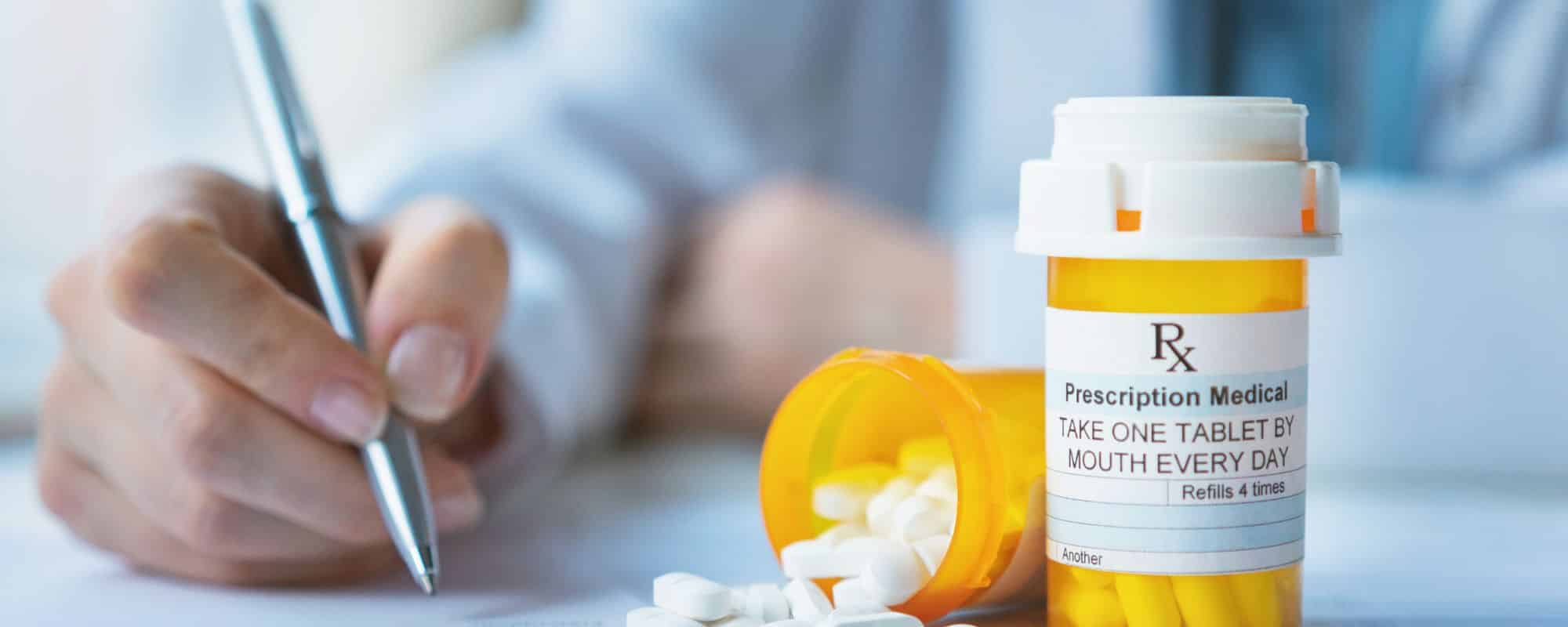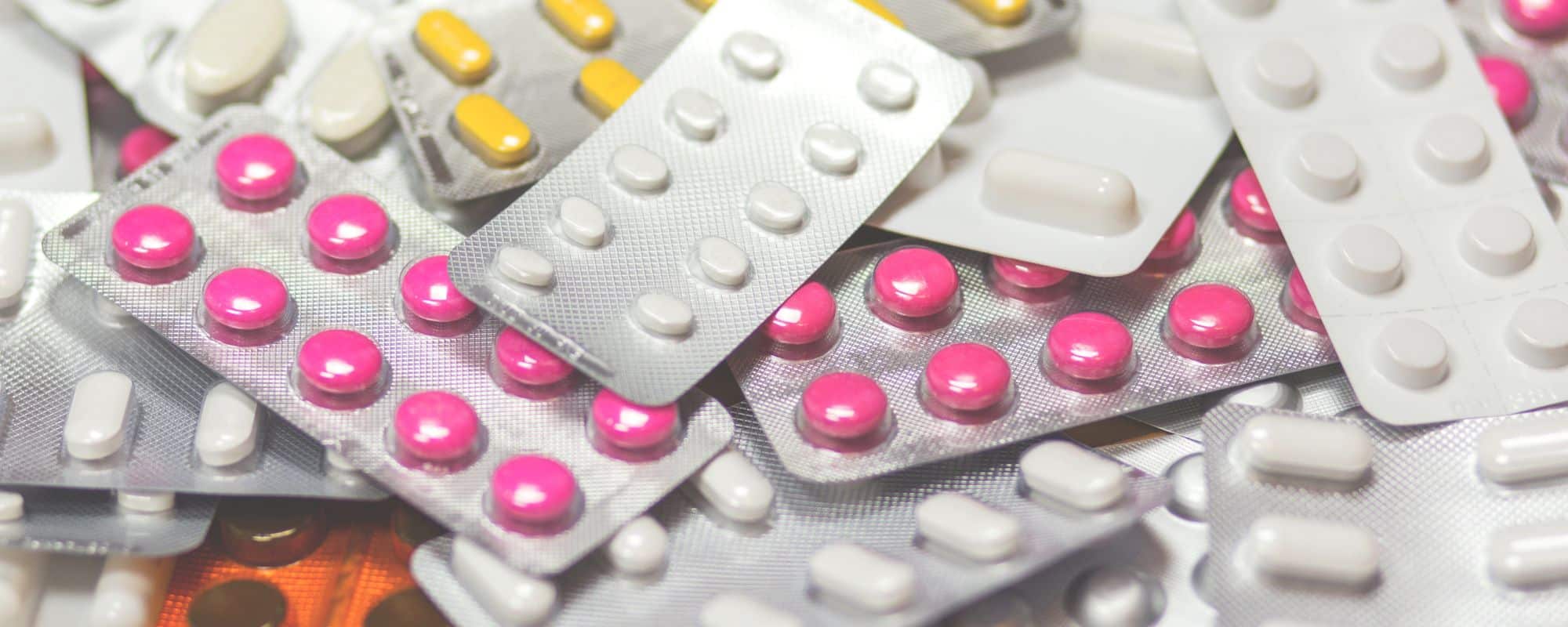Cocaine addiction is a serious issue affecting people from all walks of life. This powerful stimulant drug significantly affects the brain’s reward system, leading to intense euphoria and increased energy levels. However, repeated use alters brain chemistry, fostering dependence and escalating cravings.
Hair follicle drug testing is a method that detects drug use via the hair over extended periods. Unlike urine or blood tests, which primarily reveal recent consumption, hair tests can reflect drug intake over several months. When cocaine is used, it enters the bloodstream and becomes incorporated into hair strands, remaining detectable long after use.
How Long Does Cocaine Stay in Your Hair?
According to data compiled by the Microchemical Journal, cocaine can be identified in hair follicles for up to six months post-use.
Factors Influencing Detection Time
Several factors can affect how long cocaine remains detectable in hair:
Hair Growth Rate: Individual variations in hair growth can slightly alter the detection window.
Frequency and Quantity of Use: Heavy or frequent cocaine use can lead to higher concentrations of the drug in hair strands, potentially extending the detection period.
Hair Color: Some studies suggest that darker hair may bind more drug residues, possibly due to higher melanin content.
Hair Treatments: Chemical processes like dyeing or bleaching can affect the concentration of cocaine residues in hair, potentially reducing detectability.
Understanding the Implications
Hair follicle tests are used because they offer a longer view of an individual’s drug use history, which they then use for making informed decisions in various contexts. Abstaining from drug use is the only certain way to pass a hair drug test.
For individuals struggling with cocaine addiction, seeking professional help is vital. Facilities like the Vogue Recovery Center offer specialized programs to support recovery and address the underlying causes of addiction.
Self-Assessment: Am I Addicted?
"*" indicates required fields
Contact Us
Ready to Get Help? Get in Touch Today.
"*" indicates required fields
Signs and Symptoms of Cocaine Addiction
Recognizing cocaine addiction involves identifying various physical, psychological, and behavioral indicators:
Physical Signs:
- Increased heart rate and blood pressure
- Dilated pupils
- Nasal congestion or frequent nosebleeds (from snorting)
- Track marks (from injecting)
- Significant weight loss
Psychological Symptoms:
- Intense euphoria followed by depression
- Anxiety and paranoia
- Restlessness
- Hallucinations
Behavioral Changes:
- Increased secrecy or isolation
- Neglecting responsibilities
- Financial difficulties due to spending on cocaine
- Risky behaviors, including criminal activities
Health Implications of Cocaine Abuse
Chronic cocaine use poses severe health risks, including cardiovascular issues like heart attacks and strokes, respiratory problems, neurological effects such as seizures, and mental health disorders like anxiety and depression. Prolonged use can also lead to nasal damage, including a deteriorated septum and, in severe cases, a hole in the face.
Cocaine Addiction Treatment Options
Overcoming cocaine addiction typically requires comprehensive treatment addressing both physical and psychological aspects. Effective approaches include:
Medical Detoxification: Supervised withdrawal to manage and alleviate cocaine detox and withdrawal symptoms.
Behavioral Therapies: Cognitive-behavioral therapy (CBT) and other counseling methods to modify thought patterns and behaviors associated with drug use.
Support Groups: Participation in groups like Narcotics Anonymous provides peer support and shared experiences.
Inpatient Rehabilitation Programs: Structured environments offering intensive therapy and support.
Vogue Recovery Center specializes in treating cocaine addiction, providing tailored programs to support recovery and address underlying causes.
Cocaine addiction profoundly impacts individuals and their communities. Recognizing the signs and understanding the available treatments are vital steps toward recovery. With appropriate support and intervention, overcoming this addiction is achievable, leading to a healthier and more fulfilling life.
Questions about treatment options?
Our admissions team is available 24/7 to listen to your story and help you get started with the next steps.
Vogue Recovery Editorial Staff
Latest posts by Vogue Recovery Editorial Staff (see all)
- Does Hydroxyzine for Anxiety Work? - May 22, 2025
- Propranolol for Anxiety: Is It the Right Medication for You? - May 22, 2025














